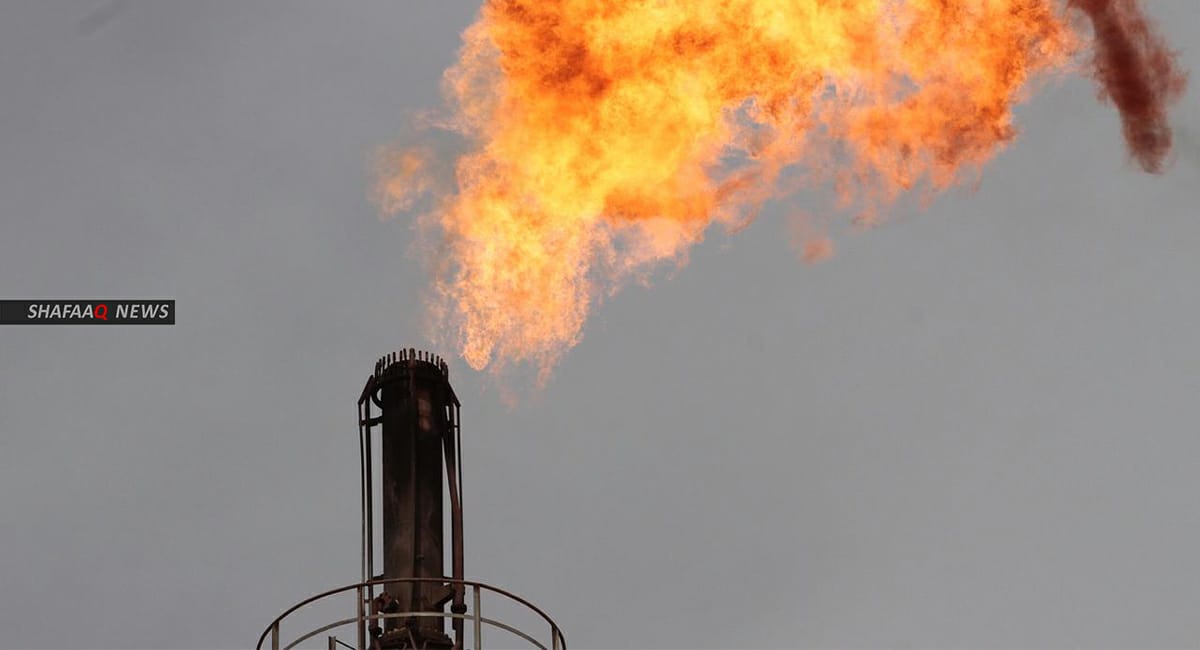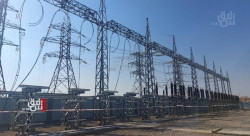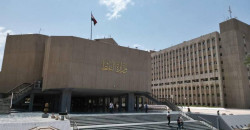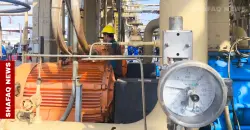Oil to continue playing crucial role in future energy pathways: OPEC chief

Shafaq News/ Oil will continue to play a pivotal role in future energy pathways, as petroleum products are essential for the functioning of various sectors, according to the OPEC secretary-general.
Haitham Al-Ghais said that member countries of the oil producers alliance have clear national electrification plans, which are crucial to reducing emissions, according to a statement from the organization.
The comments came after the International Energy Agency projected that global oil demand will continue to decline, driven by rapid electric vehicle adoption.
Earlier this month, OPEC said that world oil demand will rise by 2.25 million barrels per day in 2024 and 1.85 million bpd in 2025.
“We believe oil will continue to be a vital component of future energy pathways and this is exemplified by the fact petroleum products are essential for the functioning of other sectors, such as electricity,” said Al-Ghais.
He added: “OPEC member countries have clear national electrification plans, which are part of a shared belief that all sources of energy will be necessary to meet future demand growth, reduce emissions, tackle energy poverty and ensure energy security.”
Al-Ghais went on to say that energy sources are not locked in a “zero-sum game,” and that oil and petroleum products are crucial for electricity transmission.
He added that it is practically impossible to completely replace oil with electricity.
“Reality tells us that oil does not operate in isolation, cut off from other sectors and industries. Rather, such is the versatility of petroleum and petroleum-derived products that they play an indispensable role in a host of other sectors and industries,” said Al-Ghais.
He added: “It is important to also consider the multitude of petroleum products in the transmission of electricity, which are utilized in manufacturing, maintaining and installing cables, overhead lines, pylons, transformers, substations, and control systems, indeed, in all the components and technologies that make up this vital infrastructure.”
According to Al-Ghais, the expansion of electricity grids can only be materialized with the help of petroleum-derived products.
He said that underground electric cables need insulation sheaths, which are made of petroleum-derived materials. Meanwhile, transformers — a vital device in electricity transmission — also need oil to function.
“For transformers to operate properly, transformer oil is essential. It insulates transformers and ensures that they can function at a stable temperature. These are primarily made from mineral oil — a petroleum distillate,” said Al-Ghais.
He added: “The transportation of equipment by road, rail, air, and water will involve vehicles, often highly specialized, that consume gasoline, diesel, aviation and marine fuels. And the vehicles, such as cable-laying vessels, and the material needed to build this critical infrastructure, such as steel, aluminum, copper and concrete, require a host of petroleum products.”
The OPEC chief also said that the expansion of the electricity grid pressurizes supply chains, which could pose challenges to grid development in the coming years.
“As the IEA has written, to achieve national energy and climate goals, 80 million km of overhead power lines and underground cables need to be added by 2040. That is the equivalent of replacing the entire existing global grid, equating to 100 trips to the moon and back,” he said.
According to Al-Ghais, calls to halt new investments in oil projects will jeopardize the production of oil products essential for the smooth functioning and expansion of the electricity grid.
In its latest monthly report released in July, OPEC said that total world oil demand will reach 104.5 million bpd in 2024, driven by markets like China, the Middle East, India, and Latin America.
The alliance indicated that the rising demand will be driven by industrial, construction and agricultural activities in non-Organization for Economic Co-operation and Development countries.
OPEC also commented that petrochemical capacity additions in non-OECD nations could catalyze global oil demand growth.
The report warned that the world oil demand growth will also depend on various elements, including future economic developments in major economies.
In June, Al-Ghais noted that oil demand will grow, propelled by a rebound in the travel industry.
Speaking at the International Economic Forum, he said that OPEC is always concentrating on market fundamentals to ensure supply, stability and resilience.
“It is important to remain focused on the fundamentals. We look at economic growth, we look at supply, we look at demand, and yes, we do still believe demand for oil is good and resilient,” said Al-Ghais.
He added: “Last year, OPEC’s forecast for oil demand was the best, and all those who criticized OPEC’s forecast kept adjusting their number throughout the year.”
The OPEC chief said more investments are needed in the oil industry to stabilize the market and meet the rising demand, adding that energy sources are necessary for the future and efforts should be taken to reduce emissions.





